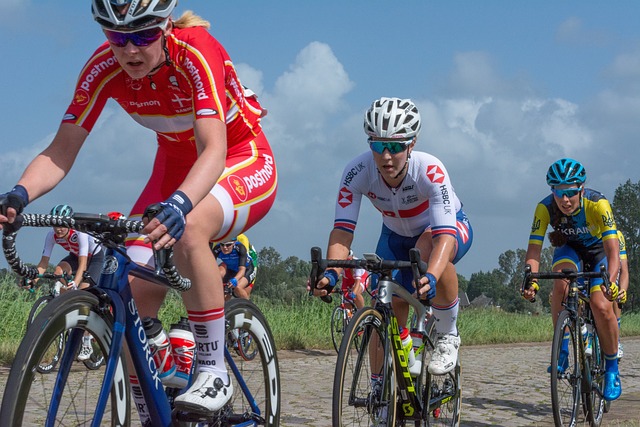In a significant decision, the British Cycling Federation has announced a ban on transgender women from competing in the female category of cycling events. This policy, which has stirred intense debate and controversy, raises questions about inclusivity, fairness, and the rights of transgender athletes.
The ban, put forth by the British Cycling Federation, means that transgender women who were assigned male at birth will not be allowed to participate in women’s cycling competitions. The decision comes as a response to concerns raised about potential advantages that transgender women might have over cisgender women, specifically regarding physical attributes such as muscle mass, bone density, and testosterone levels.
Supporters of the ban argue that it aims to preserve fair competition and protect the opportunities for cisgender female athletes. They express concerns about maintaining a level playing field, suggesting that biological differences between cisgender women and transgender women could potentially give the latter an unfair advantage.
On the other hand, opponents of the ban emphasize the importance of inclusivity and equality in sports. They argue that transgender women should have the right to participate in sports according to their gender identity, as recognized by their legal documents and society. They point to guidelines issued by various sports organizations and medical associations that allow transgender women to compete in women’s categories after meeting certain hormone-related criteria.
This decision by the British Cycling Federation adds to the ongoing global conversation about transgender inclusion in sports. Different countries and sports organizations have implemented varying policies, leading to diverse approaches in addressing the concerns and complexities surrounding transgender participation.
It is important to note that discussions on this topic often involve careful considerations of scientific research, medical expertise, and individual rights. Finding the right balance between inclusivity and fair competition is a complex task that requires thorough examination and dialogue among stakeholders.
As the debate continues, it is essential to ensure that the voices and perspectives of transgender athletes are heard. Their experiences, challenges, and aspirations should be taken into account when formulating policies that govern their participation in sports. Striving for a nuanced understanding of the various factors at play can lead to more inclusive and equitable solutions.
Ultimately, the ban on transgender women competing in the female category of cycling events by the British Cycling Federation highlights the ongoing tensions and complexities surrounding transgender inclusion in sports. It is a decision that sparks intense discussion and underscores the need for further dialogue, research, and collaboration to find a balanced approach that respects the rights and experiences of all athletes.












